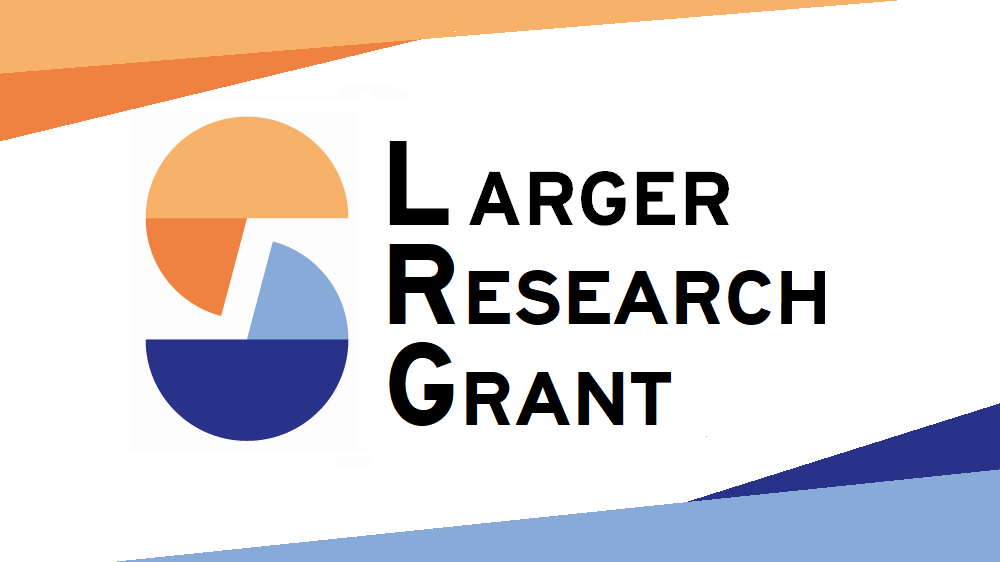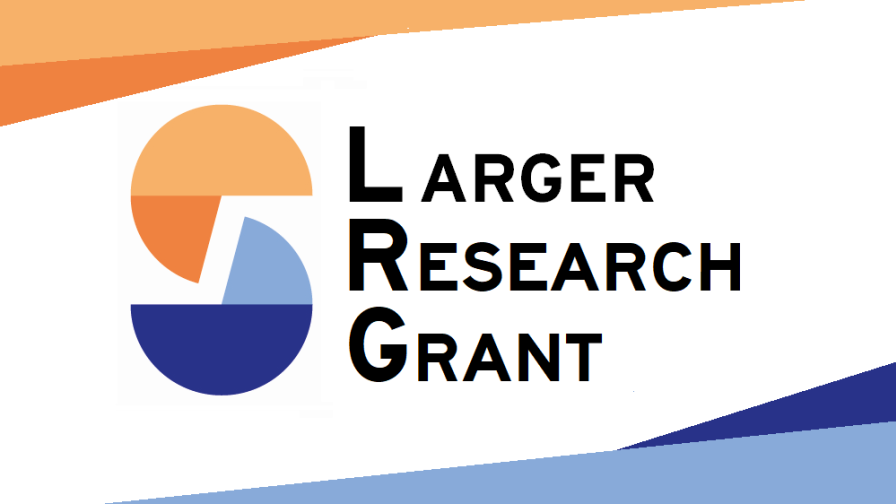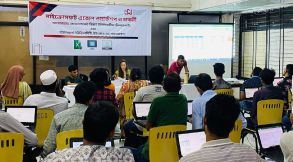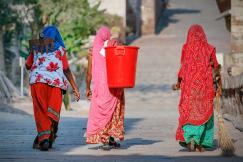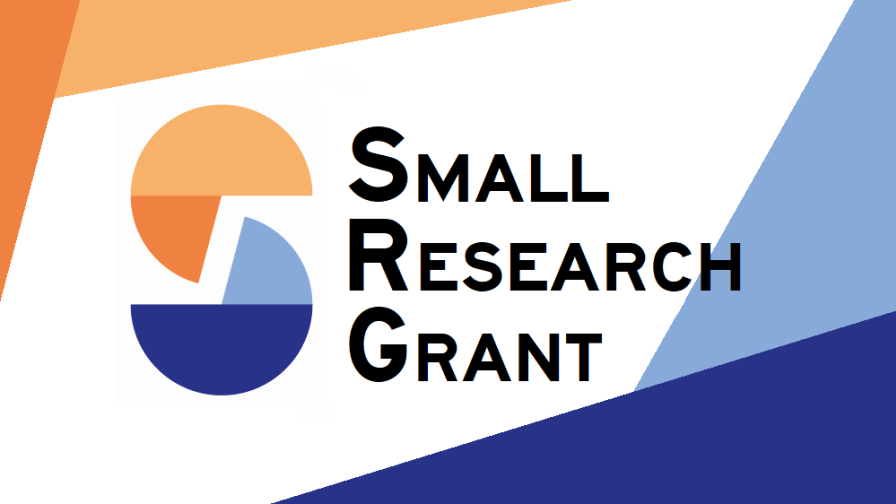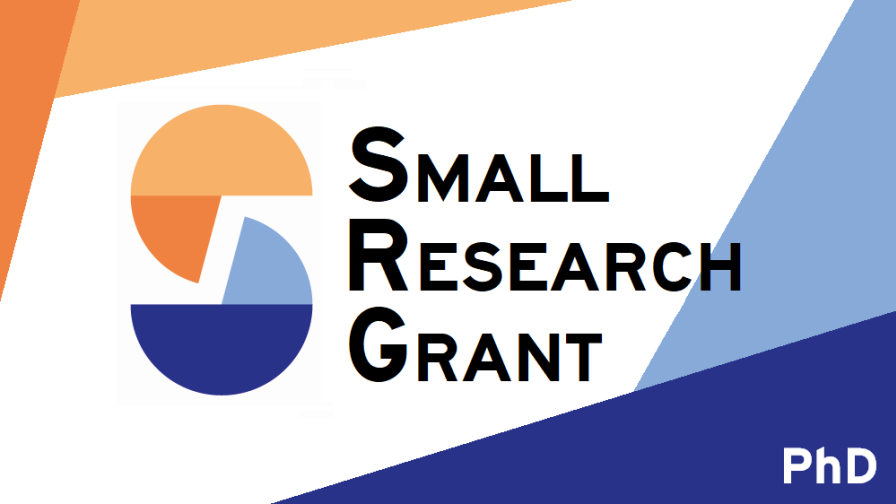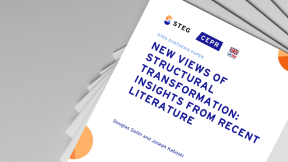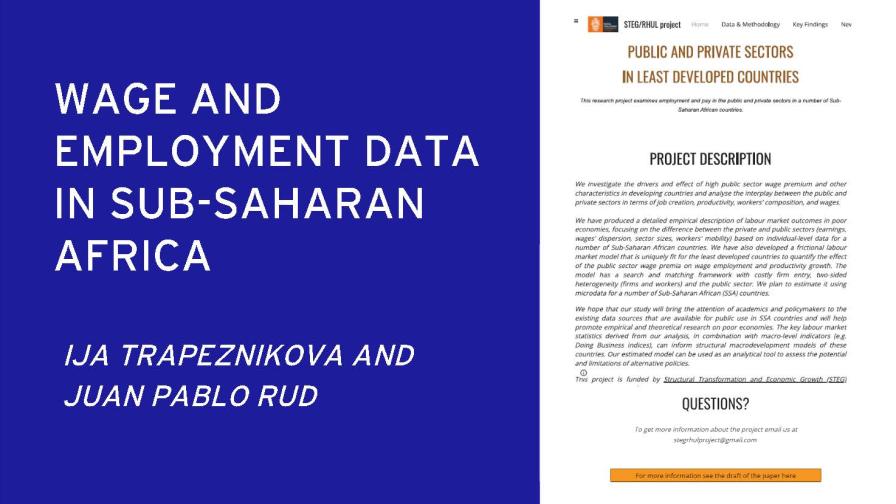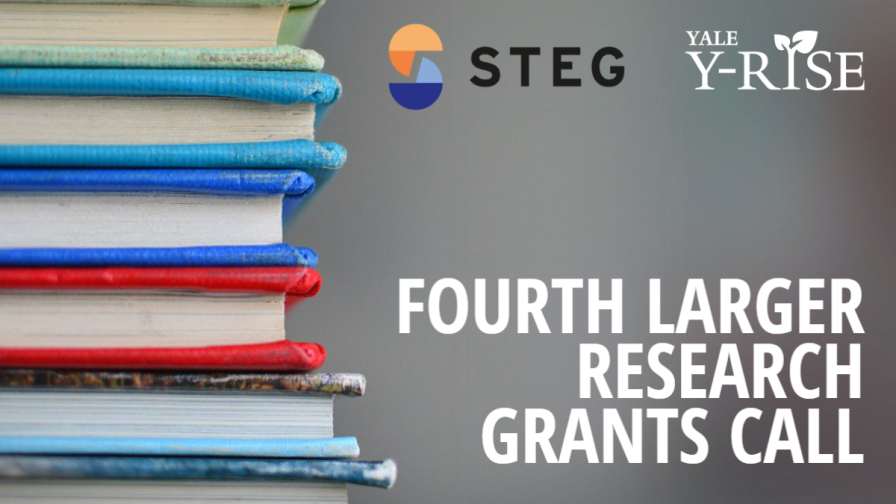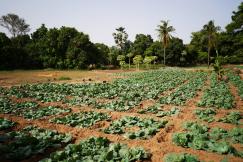While India became the fifth largest economy in the world in 2019, it remains one of the five worst performing countries in terms of gender inequality in economic outcomes (World Economic Forum, 2020). Scholars across disciplines agree that historical patriarchal norms have held back India's 663 million women from full participation in its growing economy (Dean & Jayachandran 2019). However, scarce data on gender norms and norm change have constrained work in this area. This project will unlock remarkable new data on social norms for thousands of social groups in India and link them to new microdata on gender inequality. Leveraging these data, three research papers will be produced on: (i) the long-run impact of agricultural productivity growth on women’s labour force participation and gender inequality; (ii) the effect of historical social norms on the relationship between economic growth and female labour force participation, at the social group level; and (iii) the impact of urbanisation on gender norms and gender-biased practices.
The research team create a new dataset describing the social norms and practices of 5000 endogamous jati groups, linking them to multidimensional measures of gender inequality in novel modern census data and historical measures of structural change. This dataset will be similar to Murdock’s Ethnographic Atlas with higher social group granularity and a time series, spanning the same groups across a century. The data describe gender norms at the level at which they are often enforced (within social groups), matched to individual behaviours at the local labour market geographies at which economic opportunities arise. Prior large-scale economics work in India has mostly been limited to broad caste and religion groups (e.g. Scheduled Caste, Scheduled Tribe, Other Backward Castes). These data enable study of the relationship between social norms and economic change in India at a much higher group granularity than prior work.
The evidence from this project on patterns of changing gender norms will be useful for the many programmes aiming to shift gender norms and increase women’s labour market participation in India and beyond. The project’s data on gender norms and outcomes will be incorporated into the research team’s existing open data platforms: SHRUG and SHRUG Atlas, making these data widely accessible for researchers, civil society organisations, and policymakers around the world. Understanding how gender norms express themselves and evolve is critical to informing policies aimed at closing gender gaps in lower- and middle-income countries (and beyond). Both the new data and research outputs will contribute to these efforts.
